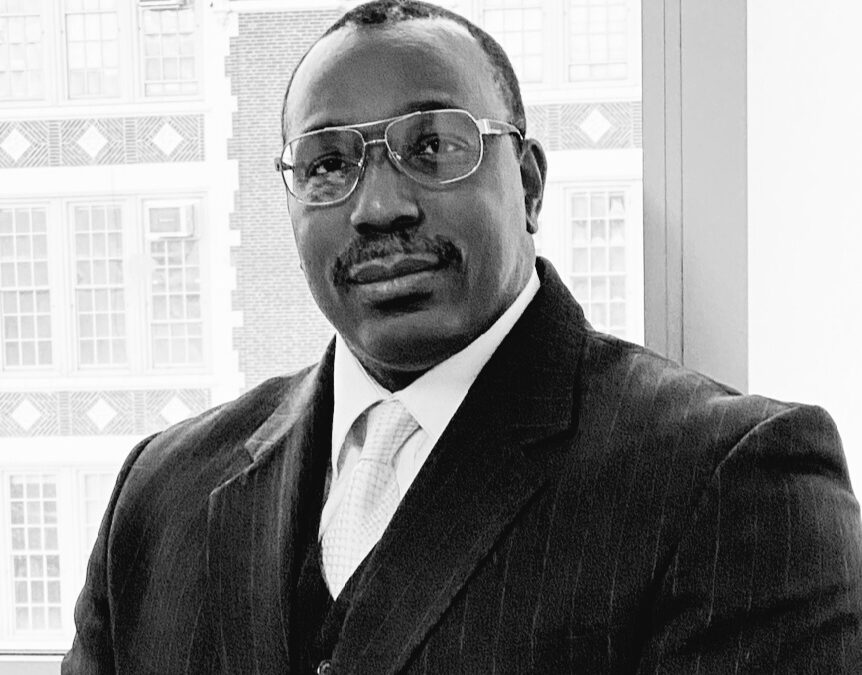Why Finding the Proper Therapist May Be Difficult: Therapists Are Humans Too
Making an appointment for treatment is a big step forward. You have decided to seek professional treatment and cleared your schedule to meet with a therapist. It is normal to feel disappointed if you and your new therapist don’t connect after a few sessions.
Yet there is some good news: you are not alone. Finding the best fit in therapy may take more than one session. There is no cookie-cutter method of therapy, so even if you’ve had negative encounters in the past, don’t give up hope.
Choosing the appropriate therapist for you may make a difference in your mental health care, but how do you do that? Find out why it seems like you can’t meet a compatible partner, and relax during your search, using these tips.
The therapeutic connection between you and your therapist can significantly affect your progress in therapy and long-term mental health, according to the American Psychological Association.
When you trust your therapist completely, you’ll feel more at ease discussing sensitive topics, including past trauma, unpleasant emotions, and life events. Your therapist should encourage you to take charge of your mental health by setting realistic objectives, challenging yourself, and holding you accountable for your progress.
Yet, it will show in your treatment if you aren’t at ease with your mental health professional. Poor boundaries, a judgemental attitude, and unprofessional behavior on the part of counselors might make you feel unsafe and cause you to reject therapy, which can have negative consequences.
What makes finding a suitable companion so challenging?
It might be tempting to skip the research phase and request a recommendation from someone you trust when beginning therapy for people of color for the first time. The ideal therapist is subjective, and the therapist that helped your coworker might not be the best fit for you.
Remember that not all therapists are professionals in the areas where you are experiencing difficulty. It might be challenging to obtain effective therapy for a specific mental health issue like an addiction because most mental health professionals are trained to deal with more common mental health issues like anxiety and depression.
Ultimately, finding a mental health professional who specializes in your particular needs is beneficial because it increases the likelihood of receiving adequate treatment, fosters a more open dialogue about the patient’s mental health experience, and leads to valuable resources such as addiction treatment facilities and support groups. Therefore, more people needing specialized mental health practitioners are turning to online treatment.
How do they match well?
Even if you hit it off with your therapist, they can only help you if they don’t employ evidence-based methods. It’s crucial to ask the correct questions of your therapist to ensure they have the training and experience to help you. Possible first-session inquiries might include the following:
- What’s your background? Your specialty?
- Do you provide online counseling services?
- Have you treated individuals with PTSD, relational troubles, emotional challenges, etc.?
- What therapy would you recommend for my situation?
- What are the signs therapy works?
NYC’s Most Caring and Evidence-Based Therapists
It’s not easy to find a good therapist, but it’s work that will pay off in the end. Meeting the appropriate person may help you take charge of your mental health, maximize the advantages of treatment, and develop into your best self.
Contact a qualified therapist in the NYC area through the Integrative Therapy Center. We understand how scary it may be to take the first step in seeking the emotional support you need by beginning in-person or online therapy, and we’re here to help you through that process. To improve your mental health, one of our kind, knowledgeable therapists will guide you through identifying and evaluating potential treatment choices.


Recent Comments